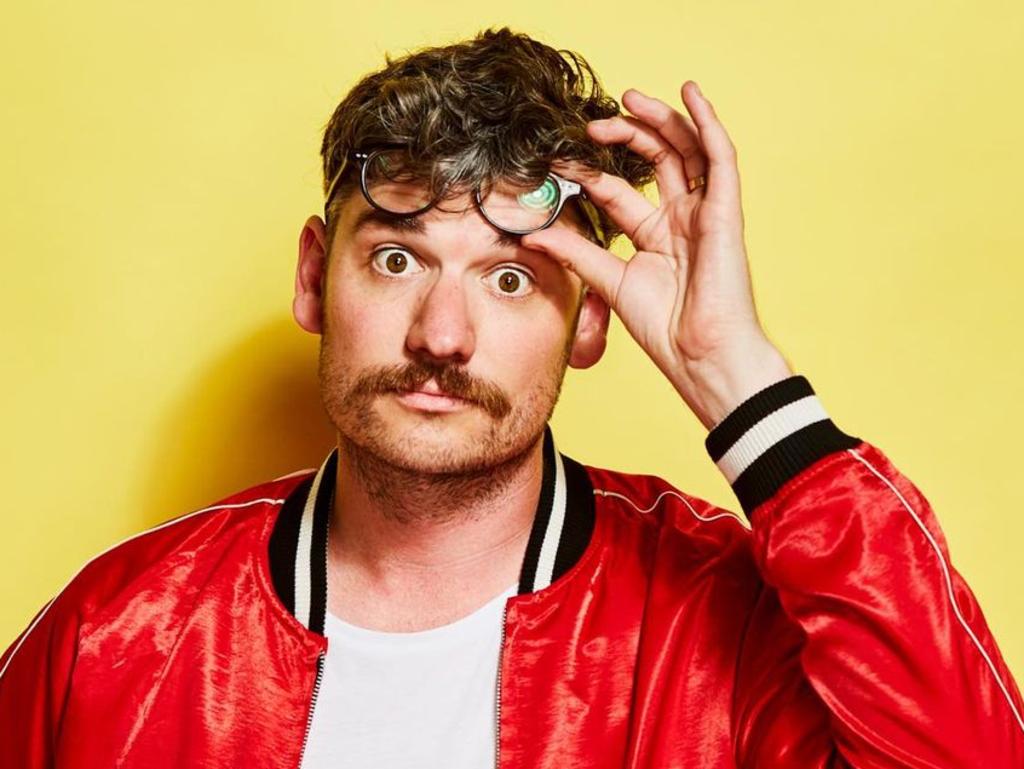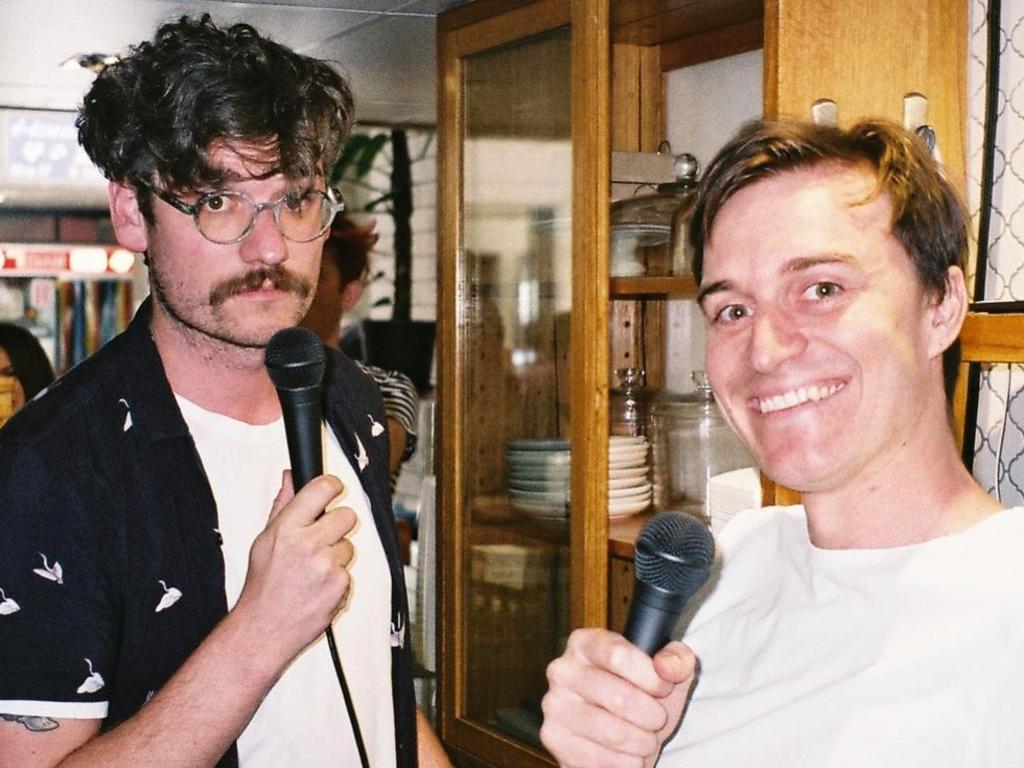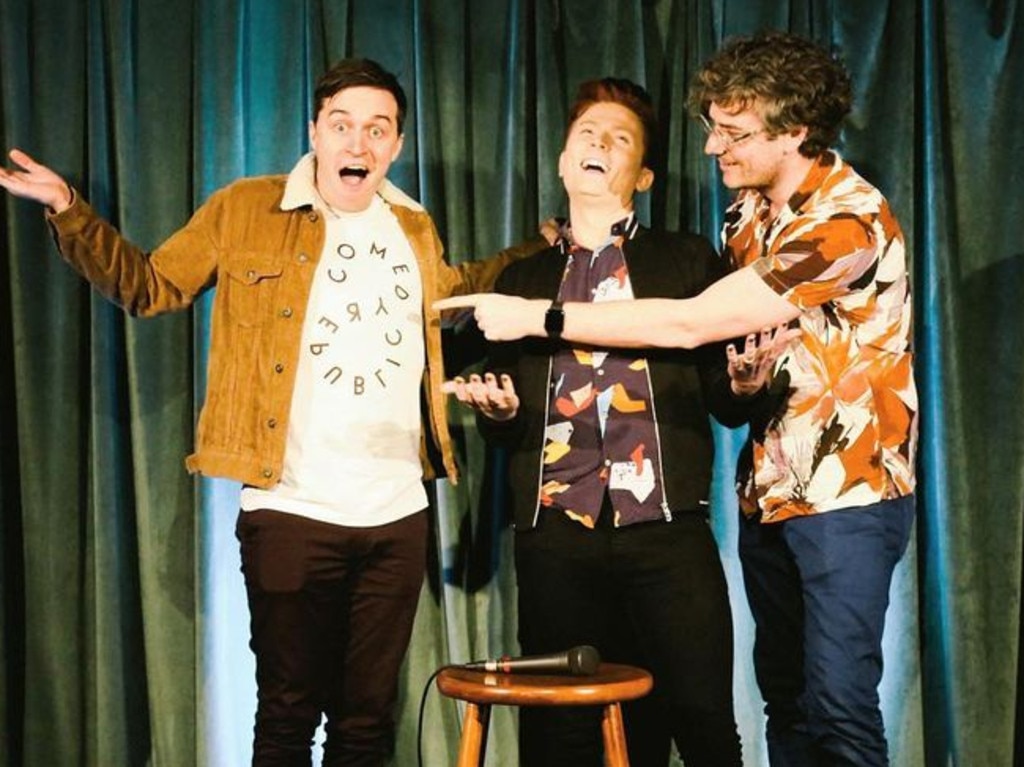How Kyran Wheatley recovered from losing his dream job at Triple J
When radio presenter Kyran Wheatley lost his dream job at Triple J, he was plunged into a world of uncertainty, here’s how he reinvented his career.
In 2016, Kyran Wheatley was in his dream job.
He had spent seven years as a presenter at Triple J, working his way from the 1am graveyard shift to hosting the coveted Triple J breakfast program. Then, he was dealt a career curveball that turned his world “upside down”.
“I loved my job. It was the dream job, everyone told me so but then at the end of 2016 there were huge changes at the station and I packed up my desk, grabbed a mug in the kitchen, walked up the door and was left with nothing,” he said, speaking on the SEEK Alt Route podcast.

What followed was a period of self-doubt and confusion that took him years to process.
“I’d spent all this time angling to be a presenter on Triple J, the place I’d always wanted to work, the place I was nowhere near ready to leave,” he said.
“I had no plans. Nothing. Na da.”
During this time, Wheatley said his career mindset was dominated by a paralysing fear of the unknown.
“I was getting stuck thinking I would never suit another career, or do anything but the same thing forever, when of course I would be able to take my skills somewhere. I was really scared of what would not be next,” he said.
“That fear was crippling. It meant I took no steps forward. Sometimes literally.”
WHAT KYRAN DID NEXT
Gradually, Wheatley shifted his mindset. He looked at what he loved about his time at Triple J and used it to influence his next career steps.
“The thing I liked about Triple J that made me feel like getting out of bed – particularly early in the morning to do breakfast radio – is that it affects change. You’re helping,” he said.
“You’re actually doing something that could have a huge impact and influence on the person on the other side of that transaction.”

What followed was a career pivot which saw him open a bar in 2019 with his friend and former Triple J presenter, Alex Dyson. Located in Melbourne, they called it BOB, or Balding Older Brother. The space was previously home to the bar Hairy Little Sista, which was a popular venue during the Melbourne Comedy Festival, and Dyson and Wheatley wanted to continue that legacy.
“My mate Alex and I were walking past an empty bar in the city and we thought that maybe we could fill it,” he shared.
“It was a bar that is popular during the comedy festival, and as Tom Gleeson said to us one day, ‘what you want in a pop up bar is for it to be pre popped’, and this was a bar that had worked before and it was closed,” he said.
This venture into the hospitality industry also led him to a new dream job: launching and managing Comedy Republic – a new comedy theatre they opened in August this year.
Although the timing wasn’t ideal – they launched three days before Melbourne went into their second lockdown – it’s become a job that’s allowed him to affect change.
“What I was actually trying to achieve was what was central to who I am,” he said. “I do want to help and create spaces where everyone can come together and there’s a community to it.”
“If I had been the breakfast host of Triple J, I would have been able to create that on the airwaves for the youth across the nation. But now I’m creating that in Melbourne for the comedy community … and it’s going to need it.”
“So the value of that across the course of the next year is potentially huge.”

NAVIGATING THE CAREER CROSSROADS
In a year where over a million Aussies lost their jobs due to coronavirus, Wheatley’s story is sure to relate to many. Speaking on the SEEK Alt Route podcast episode, SEEK’s resident psychologist Sabina Read said that while being at a career “crossroads” is scary, it can lead to positive change.
The first step is to tap into your vulnerability, she said.
“So we can put on a mask, be the funny guy, be the shock jock or you can say: I’m feeling exposed, I don’t know what my next move is and lean into that.”

Ms Read also encouraged people to use this time to reassess their values.
“Then think about the values of where you want to move towards. What’s important to you? Not the job, per se, but how do you want to feel? That’s a really important question,” she said.
“You’re in a crossroads. You can look at that as an opportunity or look at that as a dead end but it’s a fork in the road and you’re in the driver’s seat.”
This article was created in partnership with SEEK



